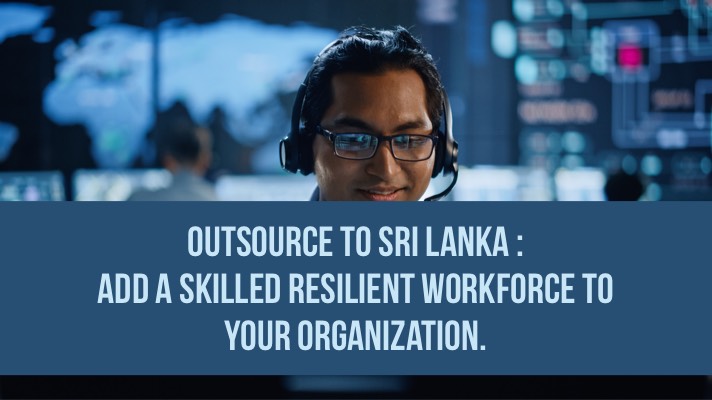ExroAsia Blog
-
ExroAsia Expands to Dubai
ExroAsia, a premier Professional Employer Organization (PEO), has officially expanded its operations to Dubai, marking yet another exciting milestone for the company. With an already strong presence in Sri Lanka and across the Asia-Pacific region, this move into Dubai positions us to better serve its growing international clientele in one…
-

Entering the Maldivian Market with Employer of Record Services
In the rapidly evolving global business landscape, companies seeking to expand into new markets face numerous challenges. One solution that has gained significant traction is the Employer of Record (EOR) service. This service conveniently allows companies to hire employees in foreign countries without needing to establish a local legal entity.…
-
Setting up operations in the Maldives
The Maldives, renowned for its pristine beaches and booming luxury tourism industry, is an increasingly attractive destination for business ventures. Its tax-friendly environment and high quality of life offer compelling reasons for entrepreneurs to consider setting up shop in this island paradise. The Maldives offers zero income tax and no…
-

End-to-end Outsourcing Solutions in Maldives, Outsource to Asia
The archipelagic Republic of the Maldives is the smallest Asian country, forming an archipelago ofalmost 1,000 islands, but the small island country is located on the busy international sea routes and is amajor tourist destination, yet remains dependent on imported goods.However, expanding a business in Maldives can be a tricky…
-

Expand to Maldives with ExroAsia
ExroAsia can help you get started in Maldives in a matter of hours which can be financially beneficial ifyou don’t have a legal entity in the country yet. Understanding that employees are your most biggestasset, we provide services with utmost care and decades of collective experience in supporting ourpartners expand…
-

Hire & Onboard Remote Teams Fast with ExroAsia
Companies look at different ways of structuring their business when faced with international expansion. Most companies either send their employees to manage operations in the new country, or set up an independent agency through which to experience growth (e.g. affiliates, agencies, etc.). For specialized and high-end services, some companies look…
-

How to Return to Work Safely – Guide to Employers
While many companies have welcomed remote working with open arms facilitating employees to workfrom anywhere they like, many multinationals are looking at returning to work for so many reasons.When many giants focus on returning, small companies tend to follow the trend. Before returning, thereare so many things that have to…
-

Co-Employment and How it can Help Expansion
Co-employment is an employment relationship between two organizations. Often, a client business and a Professional Employer Organization (PEO) share employer responsibilities between them. For many business owners, the beginning of the year is a great time to review the overall financial health of the business. One area that they are…
-

Outsource to Sri Lanka: Add a Skilled and Resilient Remote Workforce to your Organisation
Sri Lanka is an island country in the Indian Ocean, located in Southern Asia. The country has a rich history dating back over 2,000 years, and is a renowned tourist destination. Sri Lanka is a great place to outsource resources, as it offers a variety of benefits. These benefits include…
-

Why do you Need an Outsourced Architect to gain Competitive Advantage?
Post pandemic, businesses are suffering with many financial and economic issues which affects a dynamic business. Outsourcing many services is a great way to reduce risks and costs on an operational level, organisations are now open to the concept of outsourcing not just professional services but skilled labor related areas…